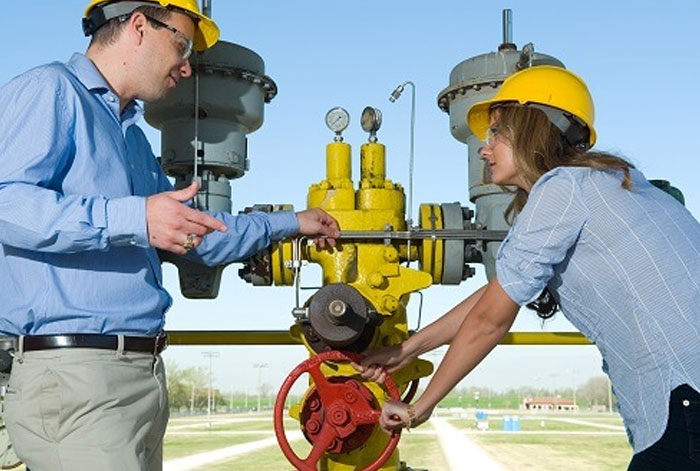




Non-renewable resources are resources that cannot easily be completed by natural means at a rate equal to their consumption. Many fossil fuels such as oil, natural gas and coal are non-renewable resources. Because the use of these resources is not sustainable and they will be exhausted for a short time. The formation of these resources lasted for millions of years, but has reached the point of extinction in the last century when motor vehicles began to be used.

Fuels from non-renewable sources are the primary source of energy generated worldwide due to their affordability and high energy content. Generally, non-renewable resources are organic carbon materials. These substances have been transformed into crude oil and natural gas as a result of heating and compressing in the depths of the soil for millions of years. Crude oil and natural gas were then processed to turn into daily fuel forms such as gasoline, diesel fuel, heating oil and propane.
However, in recent years, it has been understood that the environment is damaged by burning fossil fuels and contributing to global warming and climate changes. Therefore, private and public institutions have started to develop alternative energy sources that are not based on these resources.
In order to prevent climate change, countries make promises that will significantly reduce carbon dioxide emissions and pollution. In this direction 1997 was adopted the first international agreement, the Kyoto Protocol.
In addition to negative environmental impacts, fossil fuels also damage non-renewable resources. As non-renewable resources are depleted, the cost of obtaining them increases. For a smooth transition to sustainable energy, work should begin as early as possible. An alternative to using non-renewable resources is solar, wind and biomass.
Today, oil and natural gas tests are carried out by advanced laboratories to determine harmful effects on the environment and to take preventive measures. These tests comply with the methods and standards published by local and foreign organizations.
The application is received, the contract and then the product, vehicle and vehicles for which, what kind of service is determined exactly.
The necessary laboratory environment is prepared and the products, tools and instruments requested by the organization are tested by experts with the reference of the existing standards and measurements are made.
The data obtained as a result of meticulously completed tests, measurements and analyzes are evaluated and accredited approved reports are submitted by expert engineers.
To get an appointment, to get more detailed information or to request an evaluation, you can ask us to fill in our form and reach you.